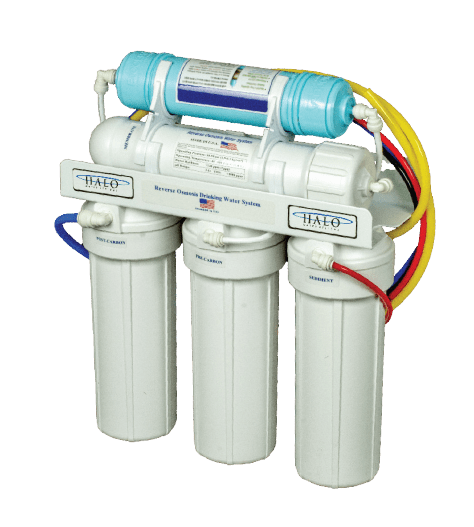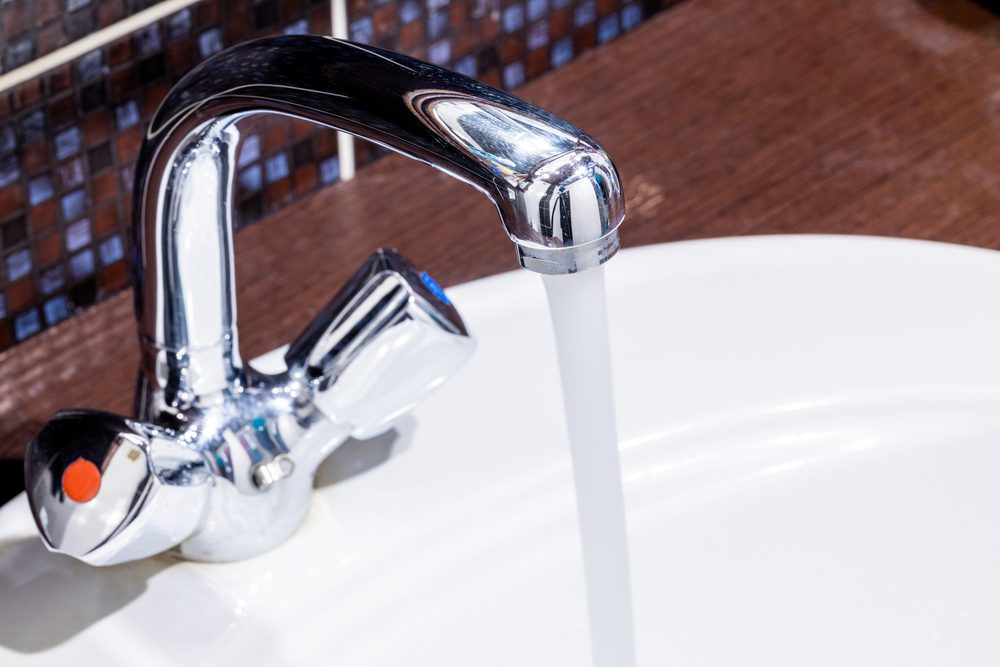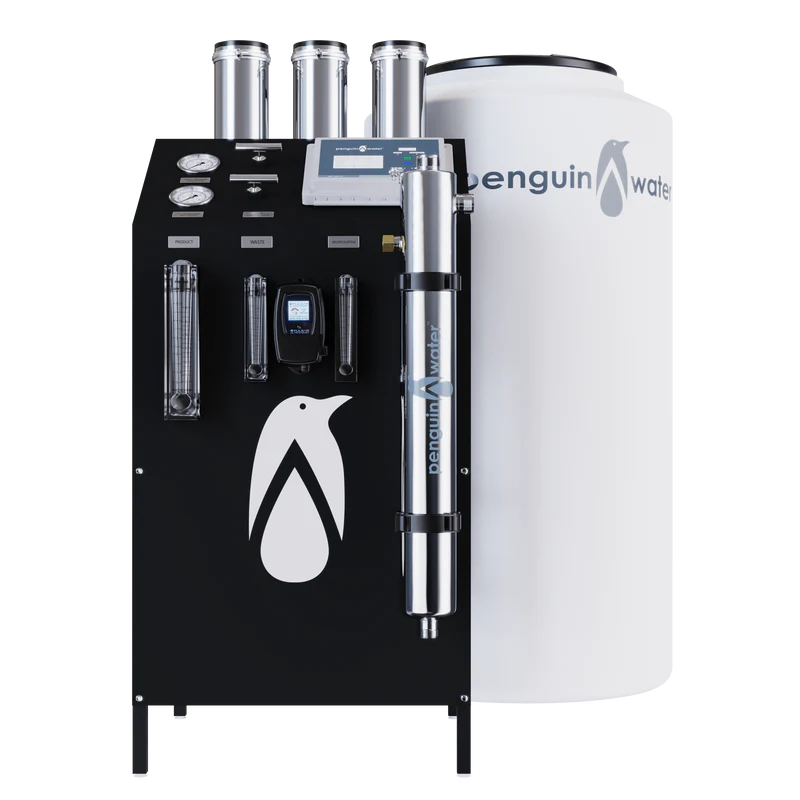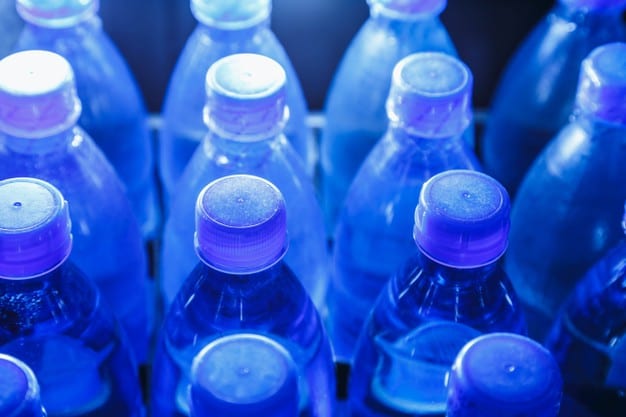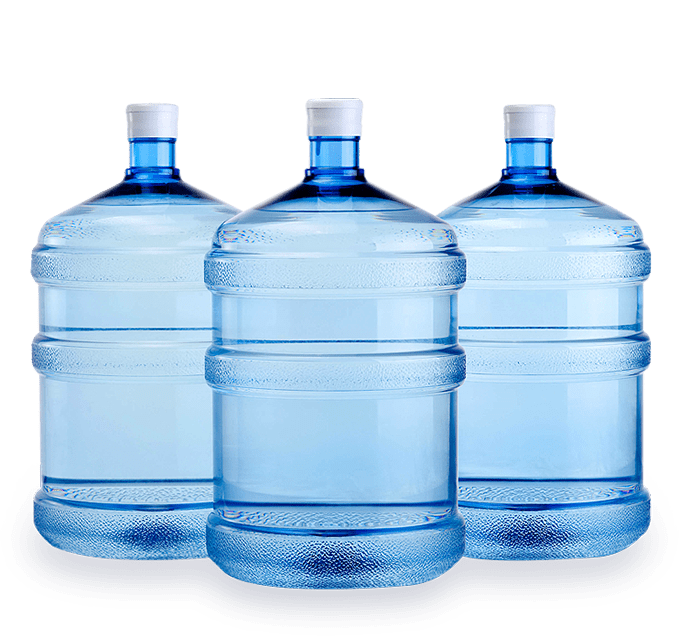The Real Cost of Clean Water:
A 2025 Homeowner's Guide to Water Filtration in Central Florida
As a homeowner in Central Florida, understanding the water filtration system cost is the first step toward solving common water problems. Quality water is the cornerstone of a healthy and happy home in Seminole, Orange, Lake, or Volusia County. You’ve likely wondered about the tap water you use every day. Is it as pure as it could be? You might have noticed the tell-tale signs of hard water, like stubborn spots on your dishes, or maybe you dislike the faint chlorine taste in your drinking water.
This leads to the big question that brings many homeowners here: What does a quality water treatment system cost?
Navigating the world of water filtration can feel overwhelming. With varying prices, different technologies, and confusing quotes, it’s easy to feel lost. This guide is designed to change that. We will provide a transparent, comprehensive breakdown of the costs of purchasing, installing, and maintaining a home water treatment system in 2025.
More importantly, we’ll show you how a local, professional company like SmartWater TT makes achieving pure water affordable and straightforward, particularly with a game-changing offer for Central Florida residents.
Why Water Quality Matters in Central Florida
Before diving into costs, it’s important to understand why so many of your neighbors are investing in water treatment. While municipal water in our region is treated to meet federal safety standards, it isn’t always perfect.
Common issues for homeowners in Seminole, Orange, Lake, and Volusia counties include:
-
Hard Water: Central Florida is known for its hard water, which is rich in minerals like calcium and magnesium. This leads to frustrating scale buildup on faucets and showerheads, soap scum in tubs, stiff laundry, and—most critically—a shortened lifespan for expensive appliances like your water heater, dishwasher, and washing machine.
-
Chlorine Taste and Odor: Chlorine is essential for disinfecting the public water supply, but its lingering taste and smell can make your tap water unappealing for drinking and cooking.
-
Potential Contaminants: Beyond chlorine, water can pick up other elements on its journey to your home. A quality filtration system acts as the final barrier, ensuring your family has the purest water possible.
A Transparent Guide to Water Treatment System Costs
Understanding the investment is key. The total cost can be broken down into three clear categories.
1. Upfront Equipment Costs: Choosing Your System
The primary cost is the hardware itself. The price varies based on the technology you choose and the specific water issues you want to solve. Here’s a detailed look at the most common options for your home:
For Targeted Issues (Chlorine & Sediment):
-
Basic Filters: Ranging from $300 to $900, these are excellent entry-level systems for improving taste by removing sediment and the most obvious chlorine odors.
-
Whole-House Carbon Filters: Priced between $1,400 and $2,900, these robust systems are specifically designed for homes with high levels of chlorine or other chemicals. They act as a powerful line of defense to eliminate unpleasant tastes and smells from every tap in your house.
Hard Water Problems:
-
Water Softeners: If you’re tired of fighting hard water stains, dry skin, and appliance scale buildup, a quality water softener is the definitive solution. Expect costs to range between $1,500 and $3,000. This investment not only improves your daily comfort but also protects your home’s plumbing and appliances.
Pure Drinking Water:
-
Under-Sink Reverse Osmosis (RO): If your main goal is premium, bottled-water quality straight from your kitchen tap, an under-sink RO system is a perfect choice. Costing between $600 and $900, it provides pristine water for drinking and cooking while saving you hundreds of dollars a year on bottled water and reducing plastic waste.
Ultimate, Whole-Home Purification:
-
Advanced Whole-House Filtration: For families wanting comprehensive protection, these systems purify every drop of water entering the home, addressing a wide spectrum of potential contaminants. They typically range from $3,500 to $5,000+.
-
Whole-House Reverse Osmosis: This is the gold standard in residential water purification. A whole-house RO system delivers exceptionally pure water from every single faucet—from your shower to your kitchen sink. This premium solution is priced from $3,500 to $8,000+.
Many of today’s best systems also feature Bluetooth or Wi-Fi connectivity, allowing you to monitor your water usage and receive service alerts directly on your smartphone. The right system for you depends entirely on a professional assessment of your water and your family’s goals.
2. Installation Fees: The SmartWater TT Advantage
Professional installation is non-negotiable. An improper setup can lead to leaks, damage, and poor performance. Across the industry, homeowners can expect to pay anywhere from $300 to $1,500 for professional installation labor. For many companies, this is a significant and often poorly disclosed expense added to the final bill.
This is where SmartWater TT offers unmatched value.
We believe that clean water should be accessible. That’s why for all homeowners in our Central Florida service area—Seminole County, Orange County, Lake County, and Volusia County—we provide 100% all-inclusive prices.
This isn’t a limited-time gimmick; it’s our standard practice. This substantial saving makes our pricing fully comprehensive and transparent, removing the hidden costs and uncertainty from the process.
3. Ongoing Maintenance Costs
To guarantee pure, high-quality water year after year, every system requires some basic maintenance. These recurring costs are predictable and straightforward:
-
Sediment Filter Replacements: Filters capture contaminants and need to be changed annually or semi-annually, depending on the system and your household’s water usage, which can cost you between $75-$150.
-
Salt for Water Softeners: Your system will need regular salt replenishment to continue removing hardness minerals from your water.
-
Preventative Servicing: Occasional professional check-ups ensure your system maintains peak performance and longevity, protecting your investment.
On average, homeowners can budget between $300 and $500 per year for total maintenance—a small price for the continuous, 24/7 benefit of clean and safe water.
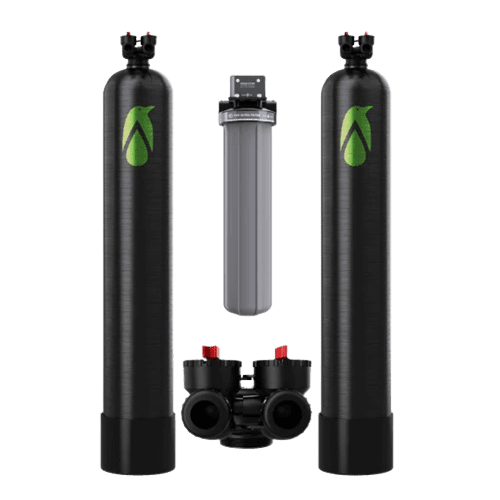
Is a Water Treatment System a Smart Investment for Your Home?
Absolutely. The long-term return on investment goes far beyond just dollars and cents. When you choose a system from a trusted provider like SmartWater TT, you’re investing in:
-
Your Family’s Health: Enjoy peace of mind with water that’s free from unpleasant tastes, odors, and contaminants.
-
The Lifespan of Your Home: Protect your pipes, water heater, dishwasher, and laundry machine from the costly, destructive effects of hard water scale.
-
Daily Comfort: Experience the luxury of softer skin and hair, brighter and softer clothes, and spot-free dishes.
-
Financial & Environmental Savings: Drastically reduce or eliminate your spending on single-use plastic water bottles
Your Next Step to Pure, Affordable Water
The path to clean, safe water for your Central Florida home is clearer and more affordable than you think. With transparent equipment pricing, free professional installation, and a clear understanding of maintenance, you can make a confident decision.
If you’re ready to transform your home’s water, the SmartWater TT team is here to help.
Contact us today for a free, no-obligation water consultation. We’ll help you understand your water quality and recommend the perfect, cost-effective solution for your home and budget

